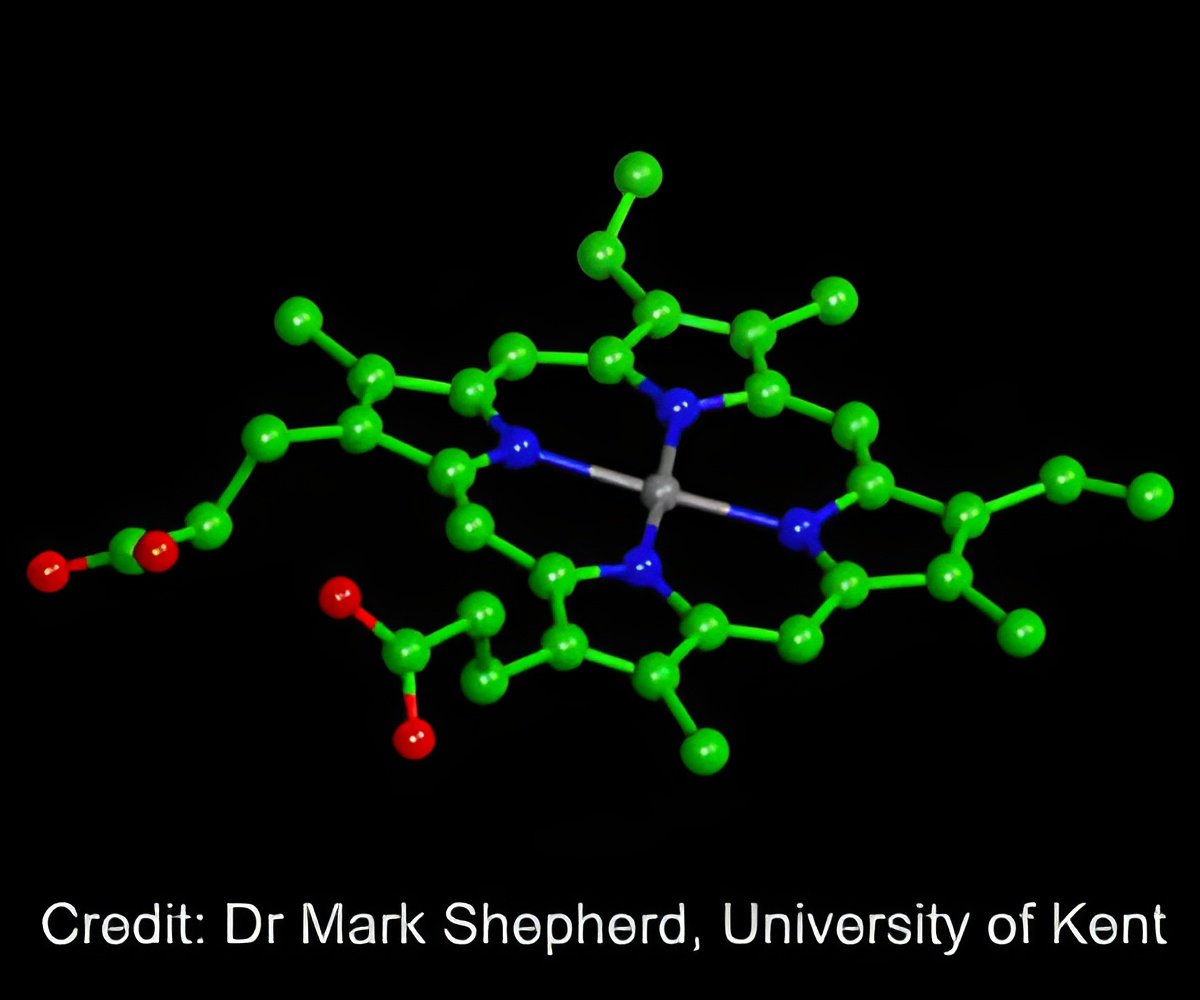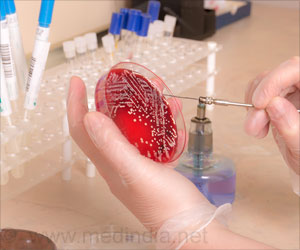Bio-scientists provide explanation for how the bacterium behind the super bug MRSA produces a red pigment that is crucial for its rapid growth.

‘Haem is the red pigment required by methicillin-resistant staphylococcus aureus (MRSA) for rapid growth.’





Since certain infectious bacteria produce haem in a different way to humans, drugs designed to target this process are less likely to be toxic to human cells. In future, targeting this pathway with new drugs will provide alternative strategies to combat bacteria that are resistant to conventional antibiotics.Source-Eurekalert












